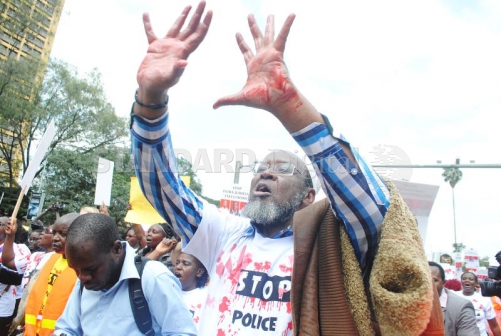×
The Standard e-Paper
Kenya’s Boldest Voice

The General Election is just a few days away and fever-pitch campaigns are now entering the homestretch.
That will be a relief to many – it seems everything in Kenya is holding its collective breath, just waiting for the poll to be over. Business has clearly slowed down, plans are being postponed to “after August”, or being rushed to be completed within the next two weeks.